5 Best e Commerce Website Builders for Online Store (2025)
The best ecommerce website builder for 2025 is Shopify, recommended for its extensive features and usability.
Shopify offers robust ecommerce functionalities, ideal for managing extensive inventories and scaling growing businesses.
It is especially suited for medium- to large-scale online stores, making it an excellent choice for businesses focused on growth.
Additionally, Shopify includes e-commerce support in its free plan, enhancing its appeal for new sellers.
| Hosting Provider | Reviews | Overall Rating | Cheap Plan Starts |
|---|---|---|---|
1  Shopify Shopify
|
3.3k+ |

|
$29.00 / mo. $1/month |
2  Hostinger Hostinger
|
49.3k+ |

|
$1.95 / mo. 75% Off |
3  Wix Hosting Wix Hosting
|
25.1k+ |

|
No data / mo. |
4  Squarespace Squarespace
|
1.5k+ |

|
$16.00 / mo. |
5  GoDaddy GoDaddy
|
112.7k+ |

|
$5.99 / mo. WB Free Trial |
1. Shopify


 3.3k+
3.3k+
 1.5
Negative
1.5
Negative
 Negative
Negative

| Storage | Bandwidth | Panel | Price | |
|---|---|---|---|---|
| Unlimited | Unlimited | cPanel | $29.00 / mo. | View Plan |
| Unlimited | Unlimited | cPanel | $79.00 / mo. | View Plan |
| Unlimited | Unlimited | cPanel | $299.00 / mo. | View Plan |
Shopify – Best for Large Online Stores
Shopify supports unlimited product listings, making it capable of managing large inventories effectively.
It offers robust features like advanced shipping, discount codes, and a wide variety of payment gateways to enhance ecommerce performance.
Shopify allows for customizable website designs and features multichannel selling capabilities to broaden market reach.
It is particularly well-suited for larger businesses looking to scale their online presence.
Shopify Pricing Plans
- Shopify's pricing starts at $29 per month and can rise up to $299 monthly, depending on the features selected.
- Promotional rate: Shopify offers $1 per month for the first three months for new customers.
- Annual billing: The upfront cost for Shopify's lowest-tier plan when billed annually is $348.
- Starting price: The cheapest Shopify plan is set at $29 per month.
2. Hostinger


 49.3k+
49.3k+
 4.6
Positive
4.6
Positive
 Positive
Positive
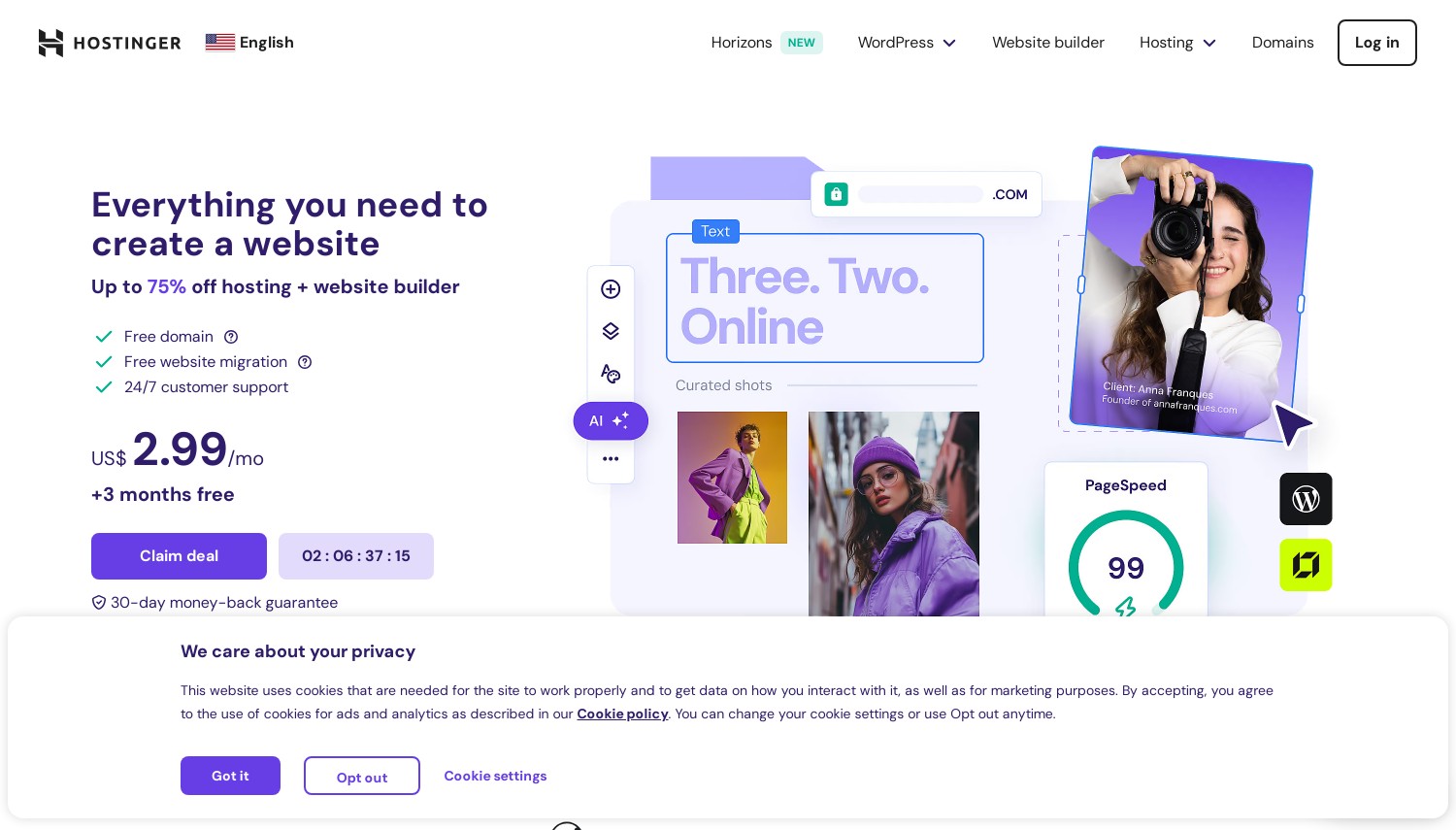
| Storage | Bandwidth | Panel | Price | |
|---|---|---|---|---|
| 100 GB | Unlimited | cPanel | $1.95 / mo. | View Plan |
| 200 GB | Unlimited | cPanel | $2.95 / mo. | View Plan |
| 200 GB | Unlimited | cPanel | $3.49 / mo. | View Plan |
Hostinger – Most Affordable Option
Hostinger is recognized as the most affordable option for ecommerce website builders, catering especially to hobbyists and small businesses.
Its ecommerce features start at just $3.59 per month, with overall pricing for plans beginning at $3.
Key features include an express checkout payment gateway, standard sales features, and a free domain with a yearly plan.
The user-friendly interface allows users to set up a store in under 60 seconds and offers a drag-and-drop editor for easy customization.
Hostinger is recommended for new sellers or side hustles looking to establish an online presence.
Hostinger Pricing Plans
- Hostinger’s ecommerce plan starts at a competitive rate of $3.99 per month, making it an economical option for new sellers.
- Renewal pricing increases to $8 per month if you opt for a four-year contract.
- For full ecommerce functionality, Hostinger charges $13.99 per month.
- The starter-level plan includes a free domain, hosting, AI-generated website building tools, and ecommerce capabilities.
- Limitation: Hostinger may lack advanced ecommerce functionality required for businesses planning to scale rapidly.
3. Wix Hosting


 25.1k+
25.1k+
 4.1
Positive
4.1
Positive
 Positive
Positive
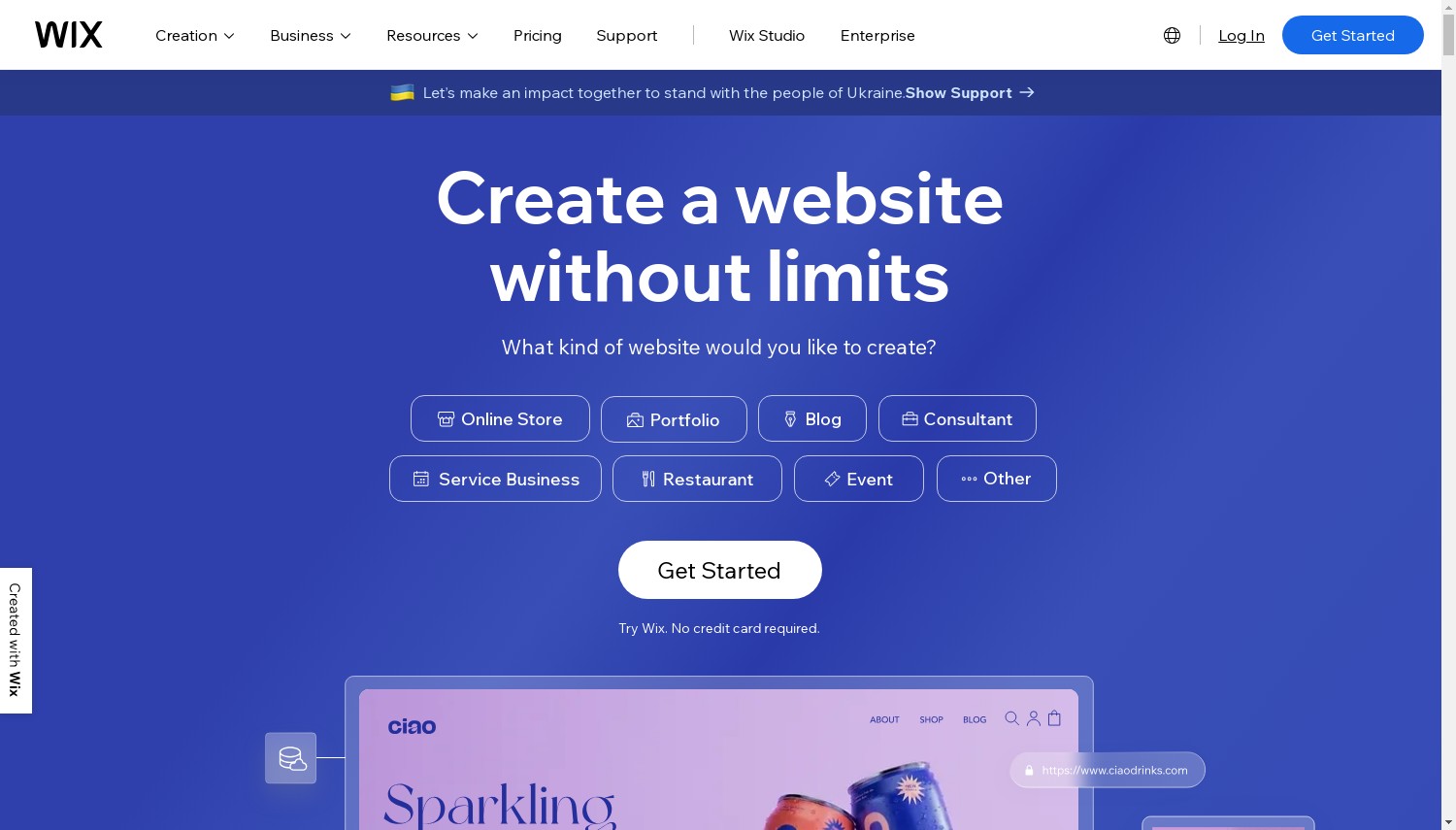
Wix – Ideal for Small to Medium Businesses
Wix is recommended for small or medium-sized businesses due to its beginner-friendly backend and comprehensive features.
It offers a drag-and-drop site editor, making it easier for users to create their websites without coding knowledge.
Wix provides over 900 free templates and flexible design tools, enabling extensive customization to suit user needs.
It includes a free plan and affordable pricing options, making it accessible for small business owners.
Additional features such as email marketing tools enhance customer engagement and support small business growth.
Wix Pricing Plans
- Wix's ecommerce plans range from $29 to $159 per month, reflecting its diverse feature set.
- The Core plan includes basic sales features for small businesses.
- Basic ecommerce functionality starts at $27 per month.
- Wix pricing plans with ecommerce features include $29, $36, and up to $159 per month.
4. Squarespace


 1.5k+
1.5k+
 1.6
Negative
1.6
Negative
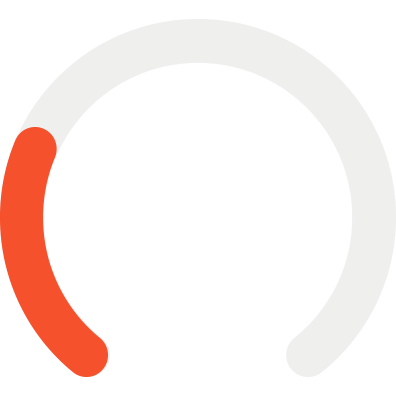 Negative
Negative
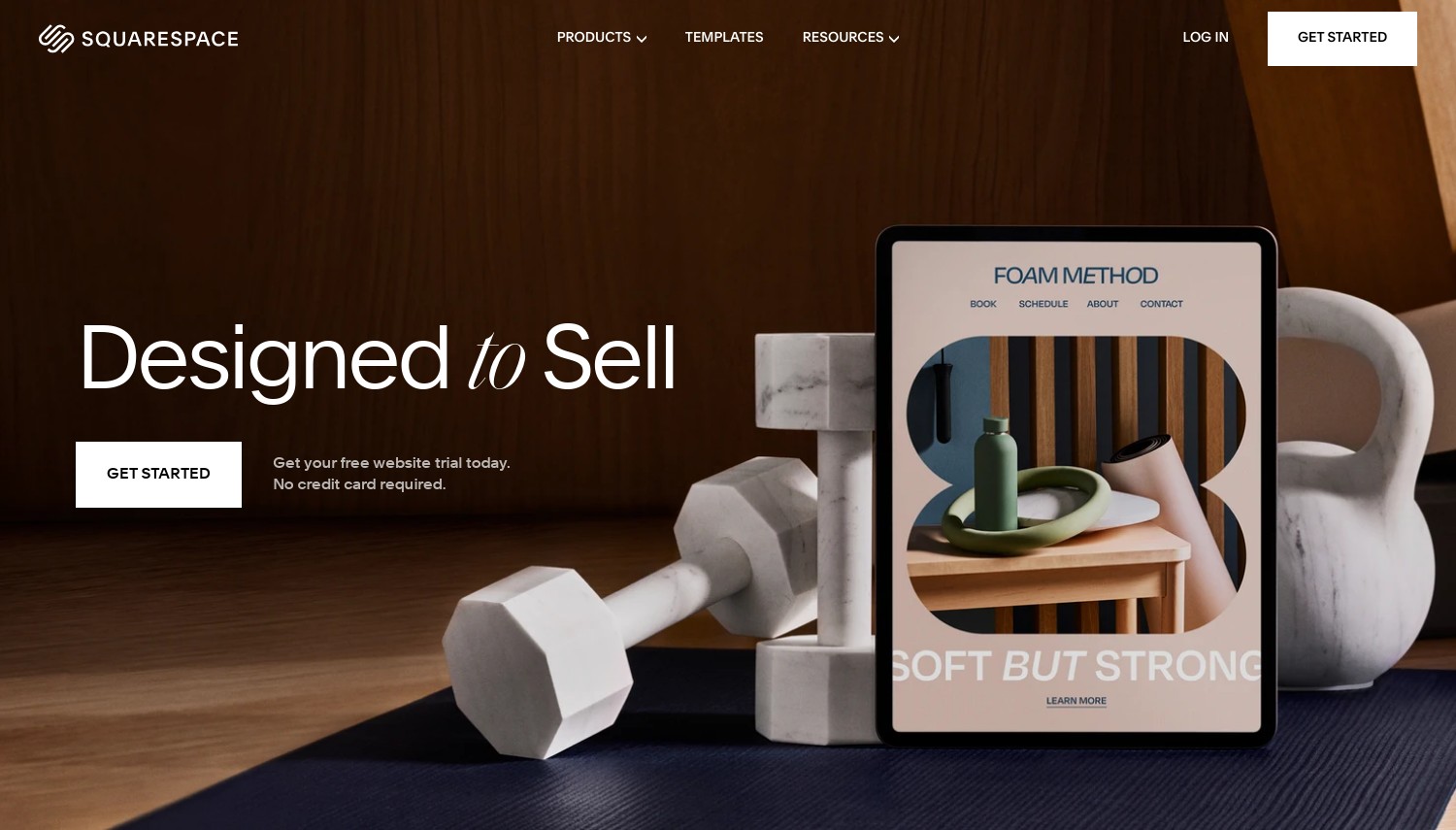
| Storage | Bandwidth | Panel | Price | |
|---|---|---|---|---|
| Unlimited | Unlimited | cPanel | $16.00 / mo. | View Plan |
| Unlimited | Unlimited | cPanel | $23.00 / mo. | View Plan |
| Unlimited | Unlimited | cPanel | $27.00 / mo. | View Plan |
Squarespace – Best for Design and Marketing
Squarespace is recognized as a leading website builder for its elegant design and flexibility.
It offers beautiful, customizable templates that are designed in-house and optimized for various devices, enhancing the user experience.
Squarespace includes numerous ecommerce features such as selling unlimited products, combined with advanced marketing tools suited for service-based businesses.
It is best suited for busy professionals, artists, and small businesses, as it provides the necessary tools for establishing a strong online presence.
Squarespace Pricing Plans
- Squarespace's ecommerce plans are priced between $16 and $99 per month, offering good value for its features.
- Transaction fees: Squarespace charges 2% for online store transactions and 7% for digital content and memberships.
- The Squarespace Core plan costs $23 per month.
- Users can receive a 10% discount on their subscription by using the code 'WBE10'.
5. GoDaddy


 112.7k+
112.7k+
 4.5
Positive
4.5
Positive
 Positive
Positive
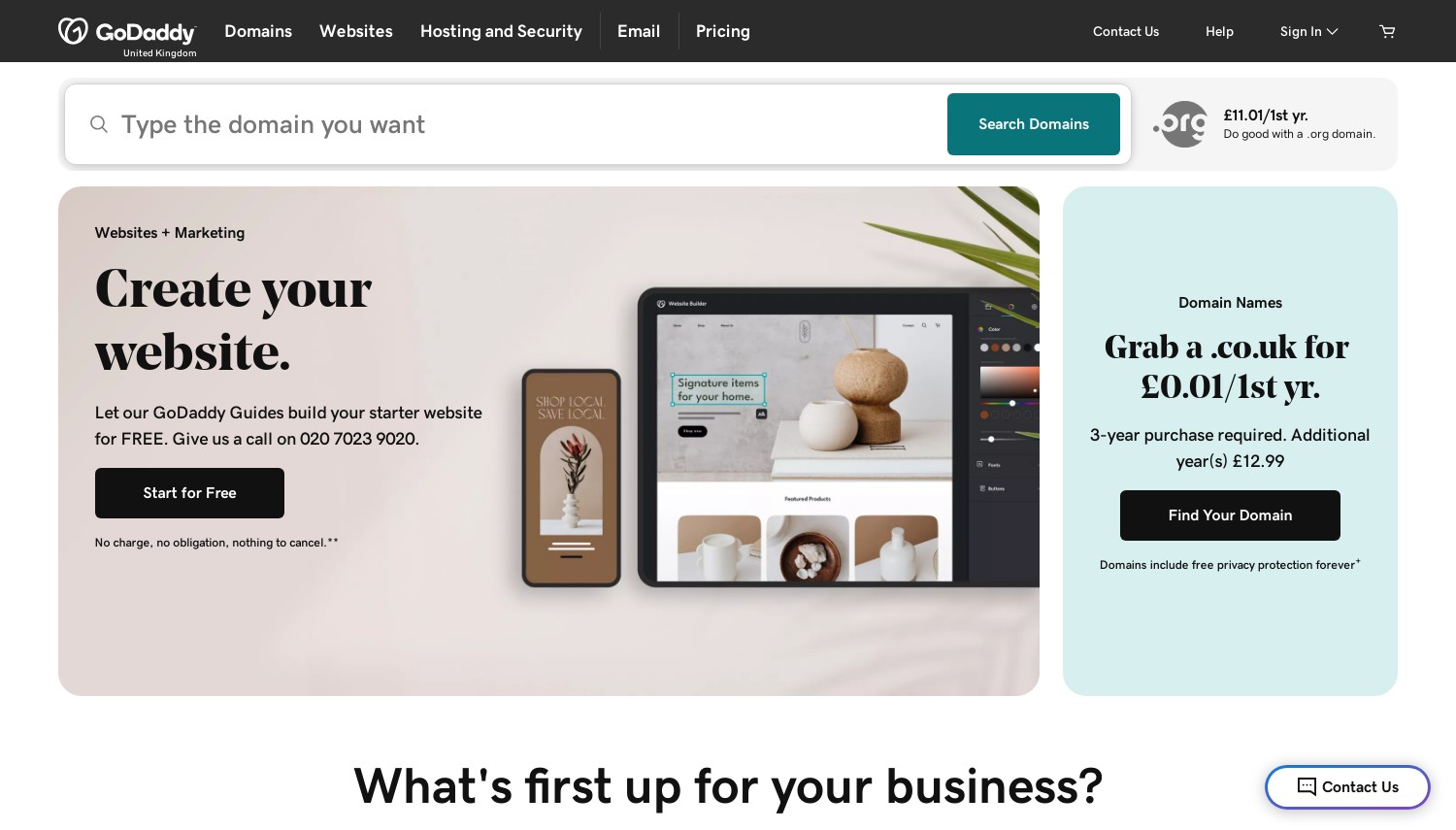
| Storage | Bandwidth | Panel | Price | |
|---|---|---|---|---|
| 25 GB | Unlimited | cPanel | $5.99 / mo. | View Plan |
| 100 GB | Unlimited | Plesk | $6.99 / mo. | View Plan |
| 50 GB | Unlimited | cPanel | $7.99 / mo. | View Plan |
GoDaddy – Best for Quick Setup
GoDaddy is recognized as the easiest website builder available.
Using GoDaddy, a fully functioning website can be set up in under 30 seconds.
With some web builders, it takes less than an hour to set up a website, but GoDaddy’s speed and simplicity stand out.
GoDaddy incorporates AI tools for rapid website creation and customization.
It is ideal for beginners or casual sellers looking to establish an online presence quickly.
GoDaddy provides standout features that support online sales and business growth.
GoDaddy Pricing Plans
- GoDaddy’s pricing plans range from $9.99 to $20.99 per month, offering options for different business needs.
- The Basic plan is priced at $9.99 per month, while the Commerce plan costs $20.99 per month.
- The Basic plan allows users to create up to 50 pages and supports 10,000 monthly visitors, but does not include a custom domain.
- Domain registration through GoDaddy ranges from $20 to $30 per year, adding to the overall cost.
HowToHosting.Guide Selected Shopify Reviews for Website builder
 Trustpilot User
from United States
Trustpilot User
from United States
10 Most Reviewed Website Builder Hosting Providers (Jun 2025)
| Hosting Name | User Satisfaction In % | Number of Reviews | Promotions |
|---|---|---|---|
 GoDaddy GoDaddy |
90% | 136356 | WB Free Trial |
 Hostinger Hostinger |
92% | 54451 | 75% Off |
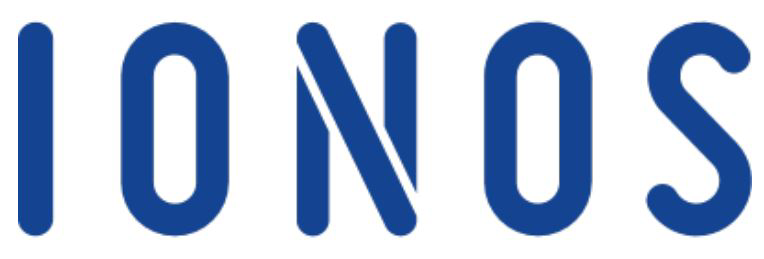 IONOS | ionos.com IONOS | ionos.com |
85% | 30957 | Visit Site |
 Wix Hosting Wix Hosting |
82% | 26070 | |
 Bluehost Bluehost |
80% | 22354 | -70% NOW |
 Hostgator Hostgator |
82% | 14278 | -73% NOW |
 LWS LWS |
91% | 10625 | -25% NOW |
 DreamHost DreamHost |
93% | 8825 | Flash Sale |
 SITE123 SITE123 |
85% | 9860 | Visit Site |
 FastHosts FastHosts |
86% | 9555 | Visit Site |
Key Features to Look for in an Ecommerce Website Builder
Essential features to consider in an ecommerce website builder include checkout customization, inventory management, shipping calculations, and automated sales tax.
Wix offers extensive ecommerce tools that allow you to build a feature-packed online store.
User-friendly navigation, internal site search, and multiple payment options are vital features that enhance user experience on ecommerce websites.
Identifying the essential features for your business is crucial when selecting a website builder to ensure it meets your specific needs.
Combining essential ecommerce features with a good user experience leads to better customer satisfaction and increased sales.
User-Friendly Interface
Drag-and-drop editors are a key feature of many website builders, making them user-friendly and accessible for beginners.
These drag-and-drop tools allow users to customize their websites easily, without needing coding skills.
An intuitive design is critical to facilitate user engagement and streamline the site-building process.
Most website builders do not require coding knowledge, which is especially advantageous for newcomers.
Customization Options
Customization options are crucial for building a unique online store that stands out in a competitive market.
Ecommerce website builders should offer a variety of customizable themes to help users create unique sites.
Utilizing customizable themes can significantly enhance user engagement and reinforce brand identity.
Ecommerce Features
Essential ecommerce features are critical for managing an online store's operations effectively.
Key ecommerce functionalities include inventory management, automated sales tax, and order tracking.
Automated sales tax helps streamline the checkout process, ensuring compliance without manual calculations.
A robust ecommerce platform encompasses features that work together to optimize sales and enhance customer experience.
Pricing Comparison of Top Ecommerce Website Builders
Most ecommerce builders offer varying monthly rates, accommodating different business needs and budgets.
Website builder pricing typically varies greatly based on features; some free plans are available with limitations, while large services can cost thousands monthly.
Simplified website builder hosting charges the same amount yearly without introductory discounts or renewal price hikes.
Wix's pricing plans start at $17 per month.
BigCommerce plans start at $29 monthly.
Friday's website building plan offers only one pricing tier available at $50 per month.
When assessing budget, consider potential hidden costs that may arise as you upgrade to more advanced features.
Charges may increase when using a website builder due to add-ons for security, e-commerce functionality, and marketing tools.
Advanced Functionality and Integrations
- Advanced functionality and integrations are essential for enhancing ecommerce website builder capabilities, enabling better service and operational efficiency.
- Shopify supports over 100 payment gateways, offering broad flexibility for processing transactions.
- BigCommerce provides multiple payment options, helping businesses manage sales with ease.
- Shopify also accepts 100+ currencies, expanding the ability to sell to international customers.
- Many ecommerce builders include features like customizable checkout experiences and advanced shipping options to improve customer satisfaction.
- GoDaddy integrates seamlessly with social media platforms, supporting quick and effective online sales and marketing.
Marketing and SEO Tools
- Effective marketing and SEO tools are essential for enhancing online visibility and driving traffic to your ecommerce site.
- The best website builders offer integrated SEO tools and marketing dashboards to improve search engine rankings and online presence.
- Shopify provides a variety of marketing tools, including abandoned cart recovery, email marketing software, and automated marketing workflows to help boost sales.
- Using strong marketing and SEO tools can result in improved engagement, higher conversion rates, and overall growth for ecommerce businesses.
Social Media Integrations
- Social media integrations are vital for ecommerce businesses to expand their reach and connect with potential customers effectively.
- GoDaddy's ecommerce plan starts at $20.99 per month, focusing on simple setup and social media integration.
- Integrating social media platforms allows businesses to engage directly with consumers, drive traffic to their online stores, and enhance brand visibility.
- Successful social media integration can lead to increased conversions and customer loyalty from users who engage with brands online.
Third-Party App Market
- Third-party apps play a crucial role in enhancing the capabilities of ecommerce platforms, allowing businesses to expand functionality and improve store performance.
- A robust app market can provide additional functionality to ecommerce platforms, such as inventory management, shipping solutions, and advanced marketing tools.
Customer Support and Resources
- Wix provides 24/7 support via phone, live chat, and social media.
- Shopify's customer service is noted to be positive, with an extensive knowledge base and quick live chat access.
- Hostinger offers an AI-powered live chat service as its customer support and only provides live chat support.
- Squarespace provides 24/7 support along with a knowledge base, although it lacks phone support. A notable issue is slow response times.
- Effective customer support is characterized by quick response times and well-trained representatives ready to assist with various issues.
- Reliable customer service should offer multiple channels of communication, including phone, chat, and email.
- The evaluation of support channels considers both the quality and quantity of support resources available.
Live Chat Support
- Live chat support provides real-time assistance to customers, enabling immediate responses to inquiries.
- Live chat is often highly valued for providing instant responses to customer inquiries.
Knowledge Base and Tutorials
- A knowledge base serves as a centralized resource for users to find information and solutions related to their concerns.
- A well-structured knowledge base enhances user experience by allowing customers to find answers independently.
- By enabling self-help, knowledge bases reduce the need for direct customer support, improving efficiency.
- Comprehensive knowledge bases contribute to overall satisfaction and loyalty from users by empowering them.
Community Forums
- Community forums create a space for users to ask questions and seek advice, enhancing the overall ecommerce experience.
- They provide direct access to a wealth of information and best practices shared by experienced users.
- Through community forums, users can find peer support, which is crucial for problem-solving and decision-making.
- Supportive communities can help foster relationships that enhance trust and collaboration among ecommerce users.
- Users often share their own stories and experiences in these forums, providing insights and learning opportunities for others.
How to Choose the Right Ecommerce Website Builder for Your Business
- Identifying and aligning the website builder's features with your business objectives is vital for long-term success.
- It is crucial to weigh your budget against the required features to ensure that you select an ecommerce builder that meets financial constraints.
- When choosing an ecommerce builder, consider the ease of switching platforms if needed in the future, as this can significantly affect your operations.
- Key factors to evaluate in an ecommerce builder include user experience, essential functionalities, pricing, and options for integration.
Define Your Business Goals
- Understanding your target audience can guide the selection of features in your website builder.
- Future growth may require advanced tools as business demands increase.
Consider Scalability
- Scalability is vital as it ensures your website can grow in line with your business expansion.
- The ability to increase or decrease plans as business needs change is crucial for handling varying levels of traffic.
- Look for website builders that offer flexible pricing plans to allow for adjustments based on your growth trajectory.
- Choosing a scalable website builder ensures your site can adapt to future demands without significant overhauls.
Evaluate Budget Constraints
- Evaluating your budget is crucial as it directly impacts your choice of ecommerce website builder and the features you can afford.
- Shopify offers various pricing tiers suitable for large online stores, impacting overall budget allocation.
- Wix provides several ecommerce pricing plans, making it adaptable for small to medium-sized businesses with varying budgets.
- Squarespace's pricing options are designed to cater to businesses focused on design and marketing, reflecting different budget capabilities.
- Hostinger offers affordable pricing plans, making it accessible for beginners looking for essential ecommerce features.
- GoDaddy's pricing structure emphasizes quick setup and value for money, appealing to casual sellers on a budget.
